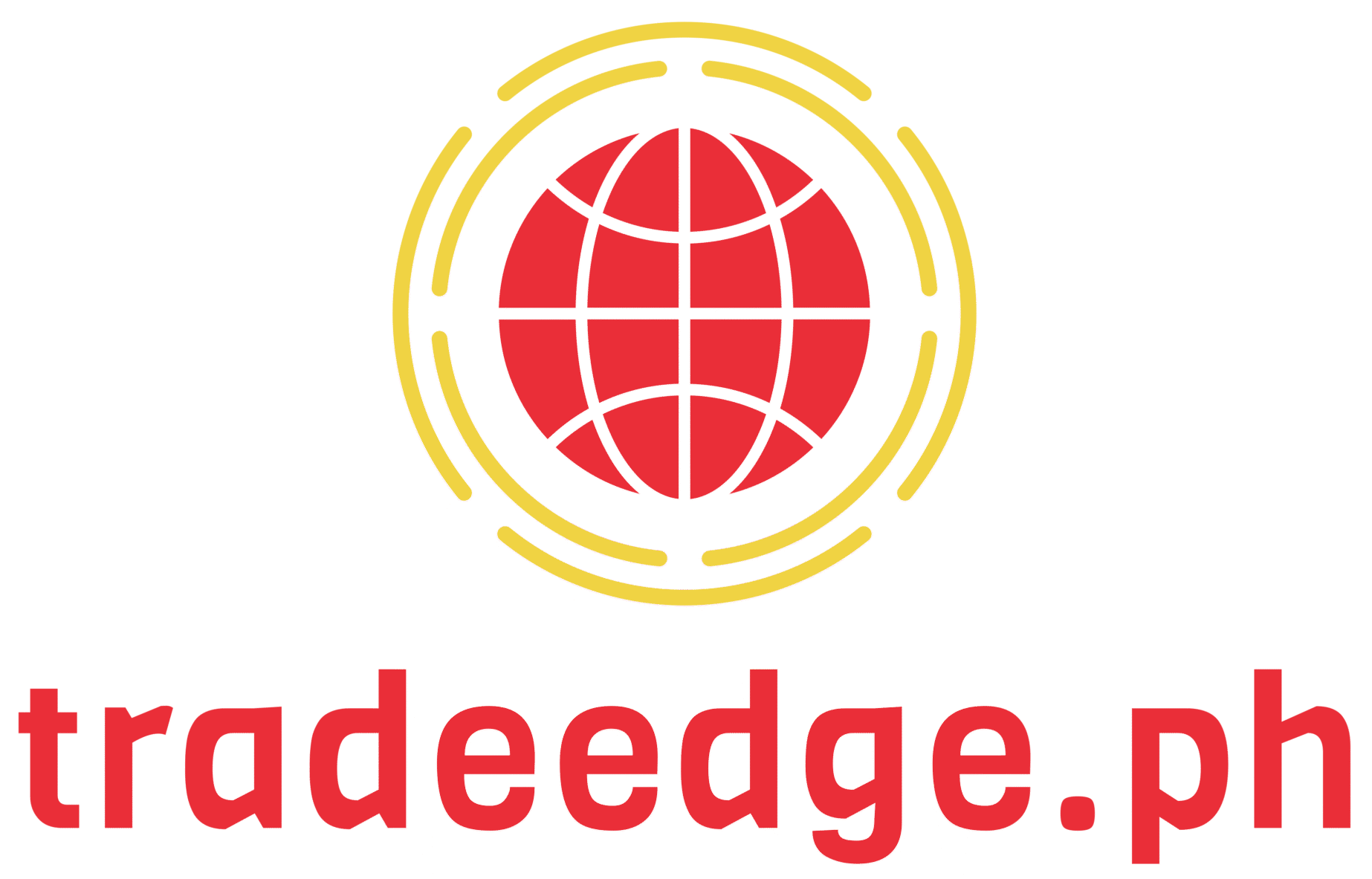In the Philippines, Micro, Small, and Medium Enterprises (MSMEs) are a critical part of the economic fabric, contributing significantly to employment, innovation, and economic development. However, despite their key role, MSMEs face a range of challenges that prevent them from reaching their full potential. This article examines the importance of MSMEs, the challenges they face, and the potential strategies and opportunities to empower them for greater economic impact.
Importance of MSMEs in the Philippine Economy
MSMEs account for more than 99% of all businesses in the Philippines, with a diverse range of industries represented. From family-owned shops to high-tech manufacturing firms, MSMEs span across the entire business spectrum. These enterprises not only create jobs but also enhance the competitiveness of the Philippine economy.
The MSME sector is a significant contributor to the country’s GDP, generating about 35% of national economic output. Their widespread presence throughout the country ensures that economic activity is not concentrated solely in urban areas but is distributed across rural regions, fostering inclusive growth.
The Challenges Hindering MSME Growth
- Access to Finance
One of the most pressing issues faced by MSMEs is the lack of access to financing. Small businesses often struggle to secure loans due to the stringent requirements imposed by banks and lending institutions. Without sufficient capital, many MSMEs are unable to expand their operations or invest in technology and innovation, which limits their ability to compete in the global market. - Regulatory and Administrative Barriers
Regulatory hurdles such as complex paperwork, high taxes, and unclear business licensing requirements can stifle the growth of MSMEs. Additionally, the inconsistent enforcement of regulations across regions can create confusion and lead to delays in business operations. Simplifying and standardizing the regulatory framework is essential for providing MSMEs with a more favorable operating environment. - Skills Shortage and Training Needs
Many MSMEs face difficulties in hiring skilled workers, particularly in specialized sectors such as manufacturing, technology, and engineering. This lack of a trained workforce limits the potential for MSMEs to innovate and increase productivity. Addressing this skills gap through training programs and partnerships with educational institutions can help bridge this divide.
Unlocking Opportunities for MSMEs
- Leveraging Technology and Digitalization
In today’s rapidly evolving global market, adopting technology is crucial for MSMEs to remain competitive. Digital tools such as social media marketing, e-commerce platforms, and cloud computing can enhance business operations, improve efficiency, and expand market reach. By embracing digital transformation, MSMEs can connect with a wider audience and increase their visibility. - Government Initiatives and Support
The Philippine government has recognized the need to support MSMEs and has introduced various programs aimed at providing assistance. Initiatives like the P3 Program, which offers low-interest loans to MSMEs, and the DTI’s business development programs help small businesses access the capital and resources they need to succeed. - Export Opportunities and Global Markets
Exporting is an area where MSMEs can thrive, particularly in niche markets or sectors where they have a competitive advantage. With global trade agreements and the rise of e-commerce, MSMEs can explore export opportunities to reach international customers. Through government support and international partnerships, MSMEs can tap into global demand for products and services.
Conclusion
MSMEs are an essential component of the Philippine economy, contributing to job creation, poverty reduction, and economic growth. However, to reach their full potential, the challenges they face—such as limited access to financing, regulatory complexities, and skills shortages—must be addressed. By leveraging technology, tapping into government support programs, and exploring export opportunities, MSMEs can overcome these barriers and continue to drive economic progress in the Philippines.




